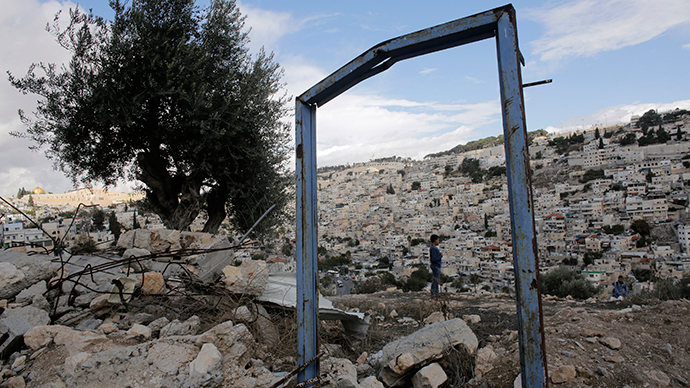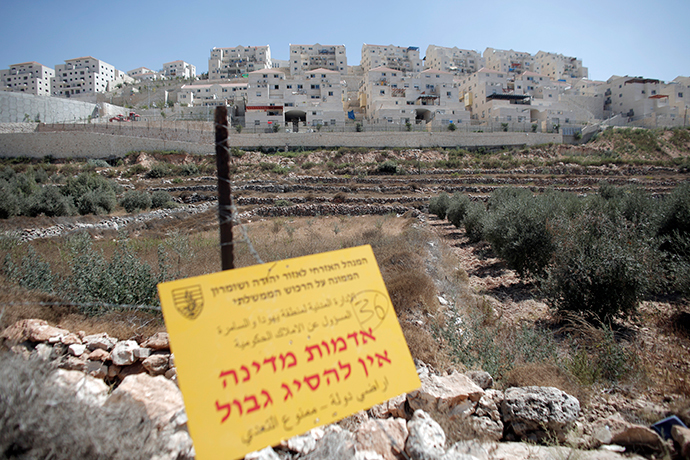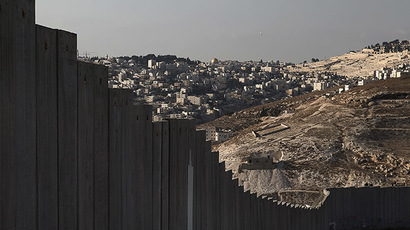EU denies reports it plans to sanction Israel

An internal European Union document which proposes sanctions against Israel due to its opposition to a two-state solution with the Palestinians has been leaked to Israeli media – but the EU's foreign policy chief denies such plans.
Work on the document began on September 11, according to high-ranking European diplomats who were in touch with Haaretz. The EU’s Political and Security Committee in Brussels, which includes the ambassadors of all 28 member states, demanded the EU come up with a response to the actions of the Israeli government, which is making a two-state solution less and less likely.
“A large group of member states pushed for this move after the failure of the talks between Israel and the Palestinians, and after the war in Gaza. Several states, including some that are considered great friends of Israel, are the ones who conceived the move and are now hiding behind the EU’s Foreign Service so that it can act as the bad cop,” the diplomats said.
The diplomats added that the Israeli Foreign Ministry knows exactly which countries are behind the measure.
“The fact is that there is an agreement among all 28 member countries of the European Union to discuss measures against Israel, and that is what should worry the government in Jerusalem and the Israeli public. This paper will be handed over to the political echelon in Europe, which will decide which actions, if at all, to take,” they said.
But the EU’s new foreign policy chief, Federica Mogherini, said Monday that the EU is not planning to sanction Israel.
“It was not at all a question of isolating or sanctioning anybody,” Mogherini told a news conference. She added that EU ministers have decided “to support new initiatives to re-launch a peace process.”

The document says that funds which may indirectly perpetuate Israel's occupation of the West Bank must be stopped. The same section of the directive also urges “support or non-opposition” of unilateral Palestinian actions, such as its recent recognition by the UN.
It also proposes that European countries should recognize Palestine as a state, which Sweden recently did.
Brussels also proposes a policy of “no contact with settler organizations” and refusal “to engage with settlers, including public figures and those publically rejecting the two-state solution.”
In practice, this may mean a boycott of senior Israeli government ministers, like Naftali Bennett and Uri Ariel, as well as a number of members of the right-wing Likud party, and even President Reuven Rivlin, who is publicly against the creation of a Palestinian state.
In terms of economic punishments, Brussels will stop European companies working on projects in the occupied territories. An example of this would be the recent recommendation by the Dutch government that the company Royal Haskoning reconsider building a sewage plant in East Jerusalem.
But the document also proposes punitive measures against the Palestinians if they do not make steps towards securing peace – such as blocking Palestinian entry into international organizations.
There are also incentives of greater European investments in projects with the Israelis, if there is progress in the peace process.














